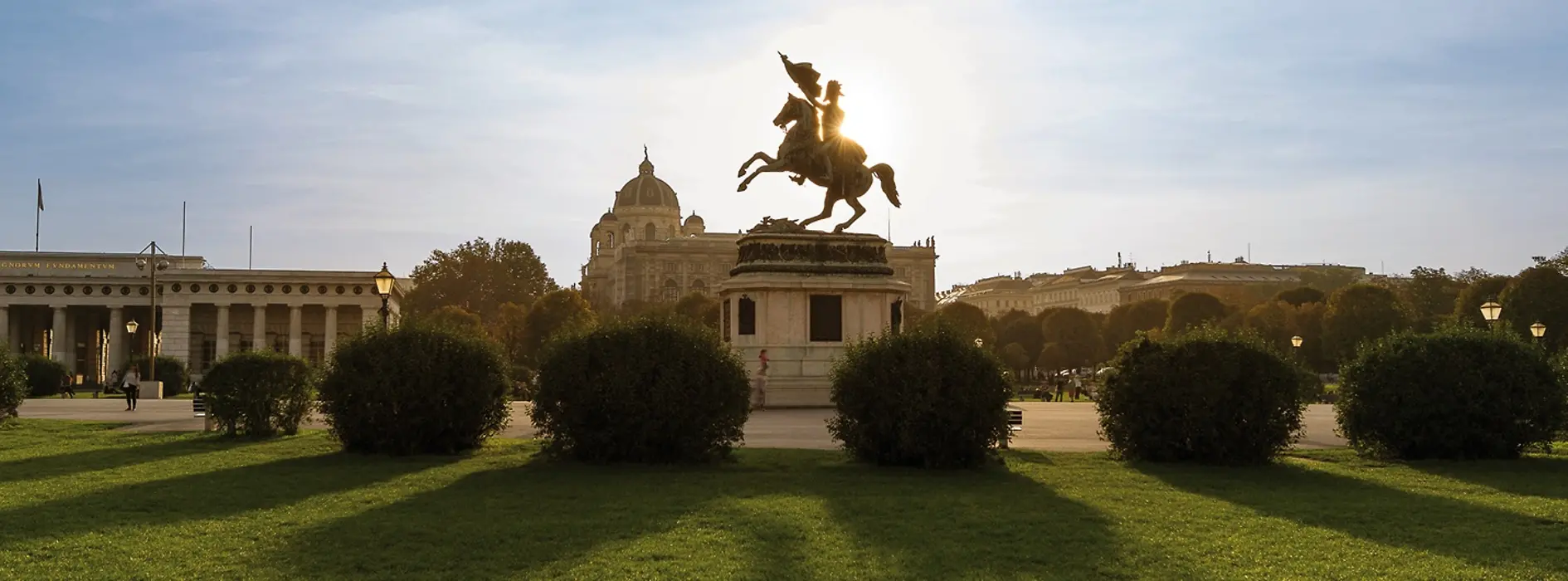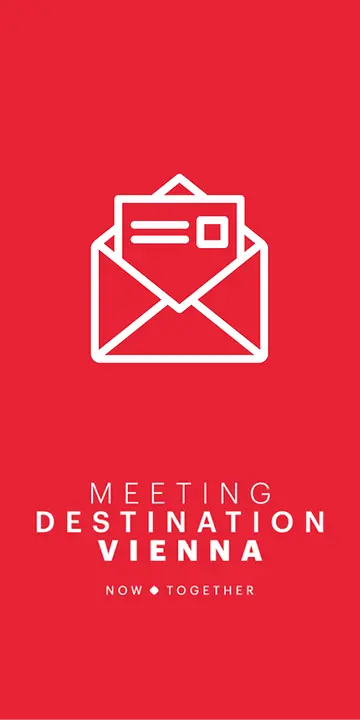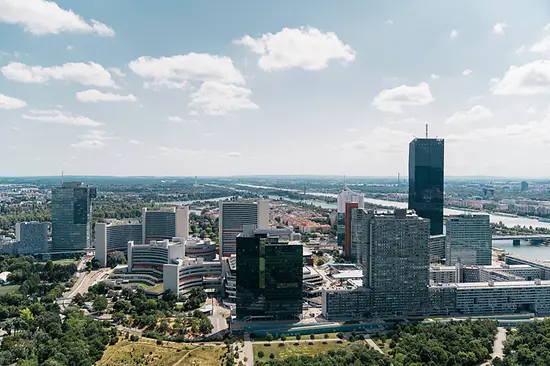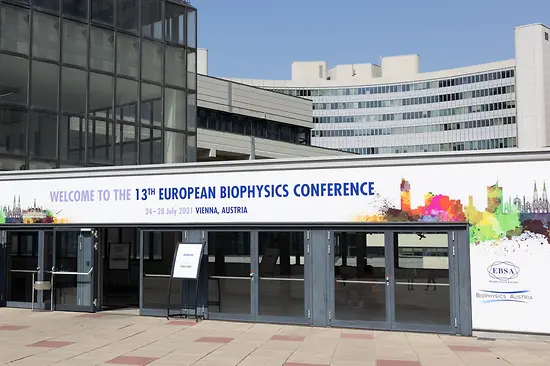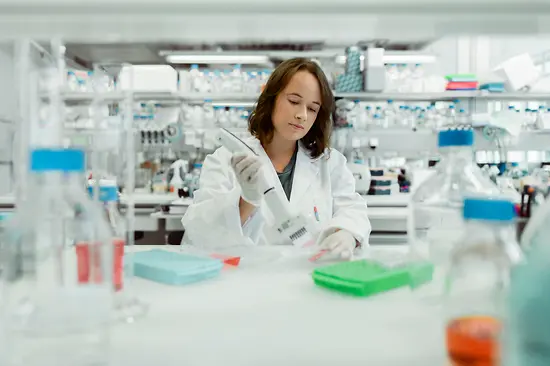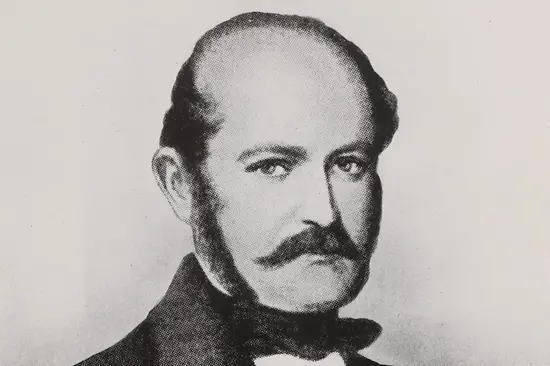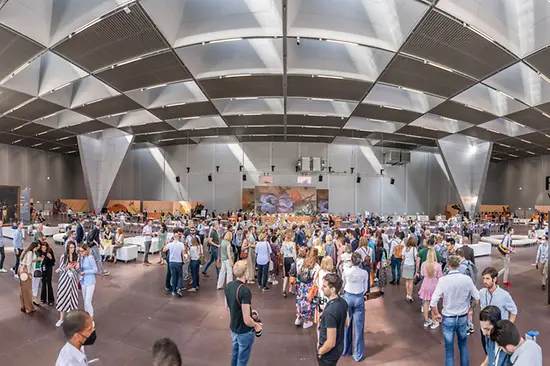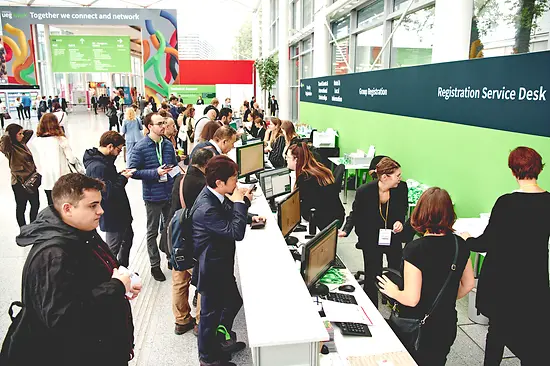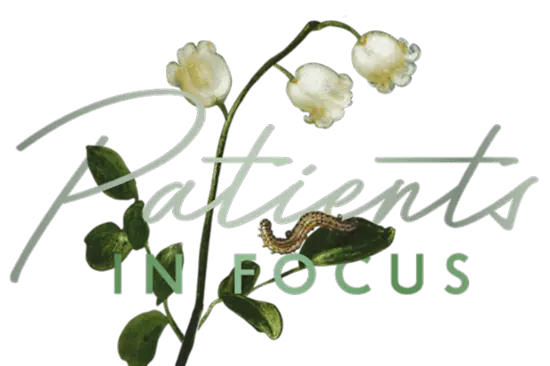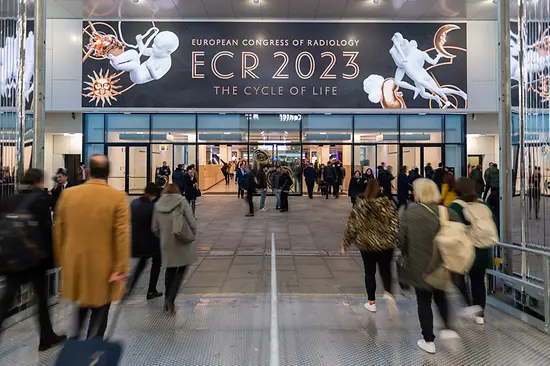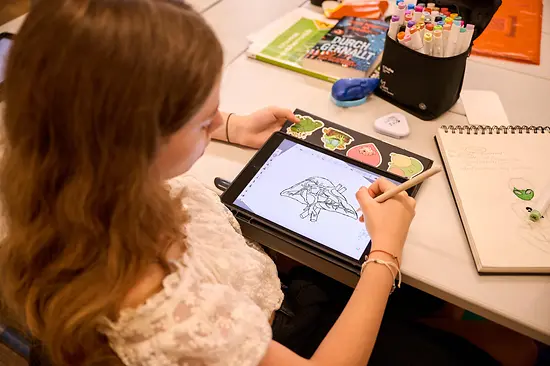Research funding as the key to prosperity
If it didn't exist, it would have to be invented: the WWTF is a privately financed research funding organization that is provided with up to eleven million euros annually plus an additional three to five million euros from the city of Vienna. Although the focus of the selected projects has shifted several times since 2001, one thing has remained the same: the involvement of international researchers in tasks whose solution is considered a priority.
"We're nothing if we aren't in constant international dialog," says WWTF managing director Michael Stampfer: "We learn from each other." The fact that science is strictly international can be seen in the coronavirus crisis: half of the 25 smaller COVID projects approved by the WWTF in the spring have a strong international involvement.
The fund provides each of them with 50,000 euros. Andreas Bergthaler from the Center for Molecular Medicine (CeMM) and his team have, for example, investigated how the SARS-CoV-2 virus develops genetically. "They are doing so in cooperation with researchers from 20 other countries," says Stampfer. Using the mutation patterns, it should be possible to track the infection routes of the spreaders and the spread of the infection beyond national borders.
Building bridges between disciplines
"One topic that has long preoccupied us is building bridges between different disciplines," says Stampfer. No physician, no biologist gets by without advanced research methods nowadays. A start was therefore made in 2004 on bringing experts in the fields of bioinformatics, biomathematics, biostatistics and the like to Vienna. The work of leading doctors and laboratory specialists would be worth half as much if there weren't also people on the ground who could calculate well and categorize the results. According to Stampfer, the WWTF has put 20 to 30 million euros into this form of networking in the last 15 years.
Just as much money has also been spent on matching up laboratory specialists and clinical staff. The results can be seen in areas such as cancer research, where Vienna has made considerable strides with institutions such as the Medical University, the CeMM, and St. Anna Children's Hospital. In the project tenders, there are "very strong incentives, sometimes even a requirement to be interdisciplinary," explains Stampfer. The situation is no different in the field of environmental system research, another focus of activity. According to Stampfer, "There are many good groups in this area in Vienna, although they often work in isolation." Close collaboration between social and natural scientists and engineers makes a lot of sense on questions of how the emission of pollutants and the environmental impact can be reduced. The WWTF also finances such large, long-term projects – in many cases with up to 900,000 euros over four years.
Excellent reception abroad
The reception given to Viennese research results can be see in the example of Jillian Petersen. With the support of the WWTF, the Australian marine scientist used special mussels to investigate how the organism organizes digestion with bacteria. The EU subsequently provided millions in research funds for the project.
In turn, Anna Obenauf from the Institute of Molecular Pathology developed strategies for fighting very rare skin tumors together with the dermatology department at the General Hospital (AKH). The outcome: prizes, awards and additional funding from Brussels.
Homeworking has not reduced the stress levels of many scientists. "Teaching has to continue, as does research," says Stampfer. And "some absurd safety measures" have to be complied with in the laboratories. What most researchers miss are chance encounters with colleagues from other disciplines. The digital, which science has long been on familiar terms with, cannot fully replace the analog.
Pioneering areas for the future
And what is the situation like with pioneering areas for the future of science? – "Quantum physics and quantum computing," says Stampfer: Vienna is among the leading locations for this. Other important topics that the WWTF wants to focus on are personalized medicine and precision medicine as well data-based social science. The latter should help all disciplines to understand what is going on in the world. Last but not least, Stampfer also sees the need to create a platform for people who, given the might of large data aggregators such as Google or Facebook, are considering how democracy, freedom of opinion and the like can be maintained. As the world's most livable city, Vienna is ideally suited for attracting the right people. This newest topic is running under the title "Digital Humanism".
